Health & Medicine
-
 Health & Medicine
Health & MedicineEven in the shade, a car’s interior can get lethally hot
A car’s interior can get lethally hot on summer days, even when it’s parked in the shade.
-
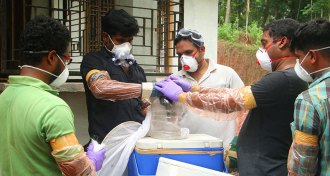 Health & Medicine
Health & MedicineHere’s what we know about the deadly Nipah virus
The deadly and rare Nipah virus has killed at least 11 people in southern India, causing concern among epidemiologists.
By Maanvi Singh -
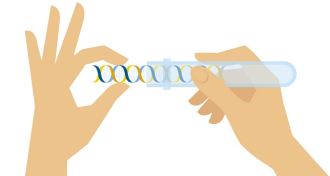 Genetics
GeneticsWhat genetic tests from 23andMe, Veritas and Genos really told me about my health
A Science News reporter tried out three consumer genetic testing companies to see what people really learn about their health.
-
 Health & Medicine
Health & MedicineBlack children commit suicide at twice the rate of white kids
The suicide rates for young black kids are higher than those of their white counterparts, a pattern that flips in older kids, researchers find.
-
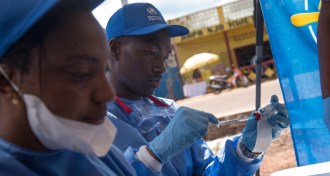 Health & Medicine
Health & MedicineEbola vaccinations begin in Congo
A vaccination campaign is up and running to fight the ongoing Ebola outbreak in Congo. It’s the first of its kind.
-
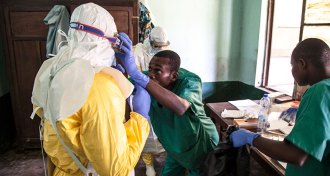 Health & Medicine
Health & MedicineWhat we know about the Ebola outbreak, and the vaccine that might help
Even as an experimental vaccine arrives in Congo to contain the virus, there are worrisome signs Ebola has spread to a city.
-
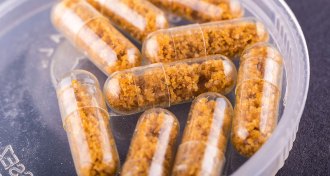 Health & Medicine
Health & MedicineTo regulate fecal transplants, FDA has to first answer a serious question: What is poop?
Fecal transplants are the treatment of the future for some conditions. But right now, they are entirely unregulated. Here’s why putting regulations in place is so complex.
-
 Health & Medicine
Health & MedicineThe CDC advises: Don’t swallow the water in a hotel swimming pool
In a 15-year period, hotel swimming pools and water parks had the highest number of swimming-related disease outbreaks in the United States.
By Kyle Plantz -
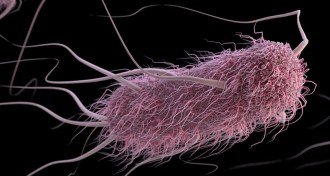 Life
LifeYour blood type might make you more likely to get traveler’s diarrhea
People with type A blood are more likely to develop severe diarrhea from E. coli infections.
-
 Health & Medicine
Health & MedicineKids are selective imitators, not extreme copycats
Preschool-age kids have a reputation as “overimitators” based on lab tests. But in realistic test situations, kids don’t blindly imitate adults.
By Bruce Bower -
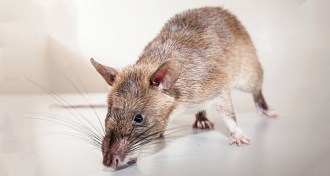 Animals
AnimalsWith a little convincing, rats can detect tuberculosis
TB-sniffing rats prove more accurate in detecting infection, especially in children, than the most commonly used diagnostic tool.
By Yao-Hua Law -
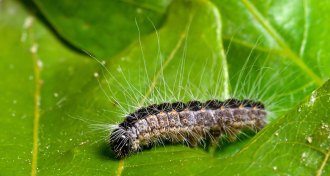 Animals
AnimalsThese caterpillars march. They fluff. They scare London.
Oak processionary moths have invaded England and threatened the pleasure of spring breezes.
By Susan Milius and Aimee Cunningham